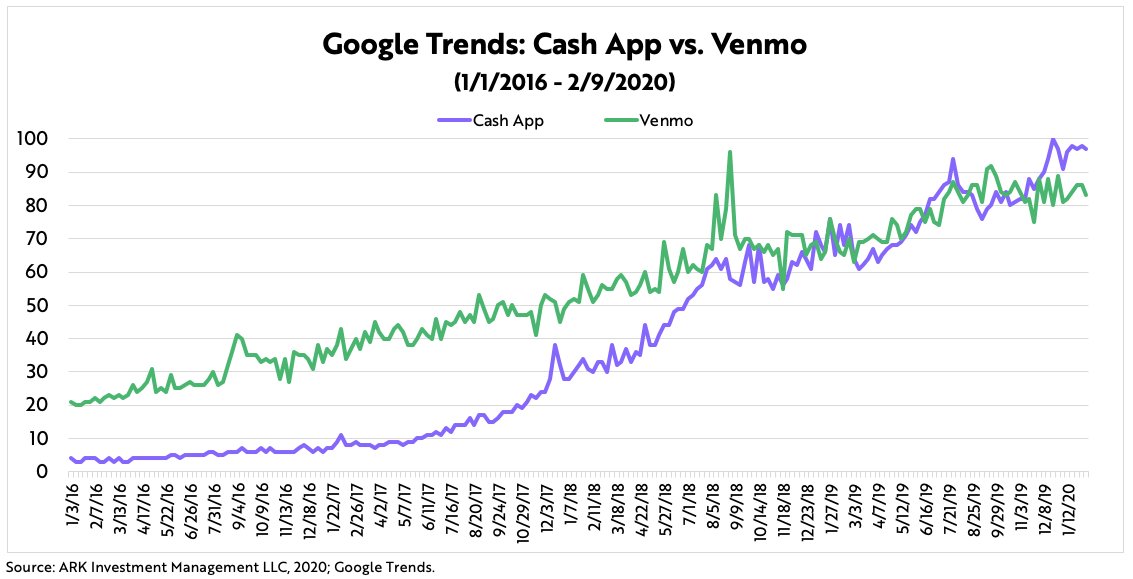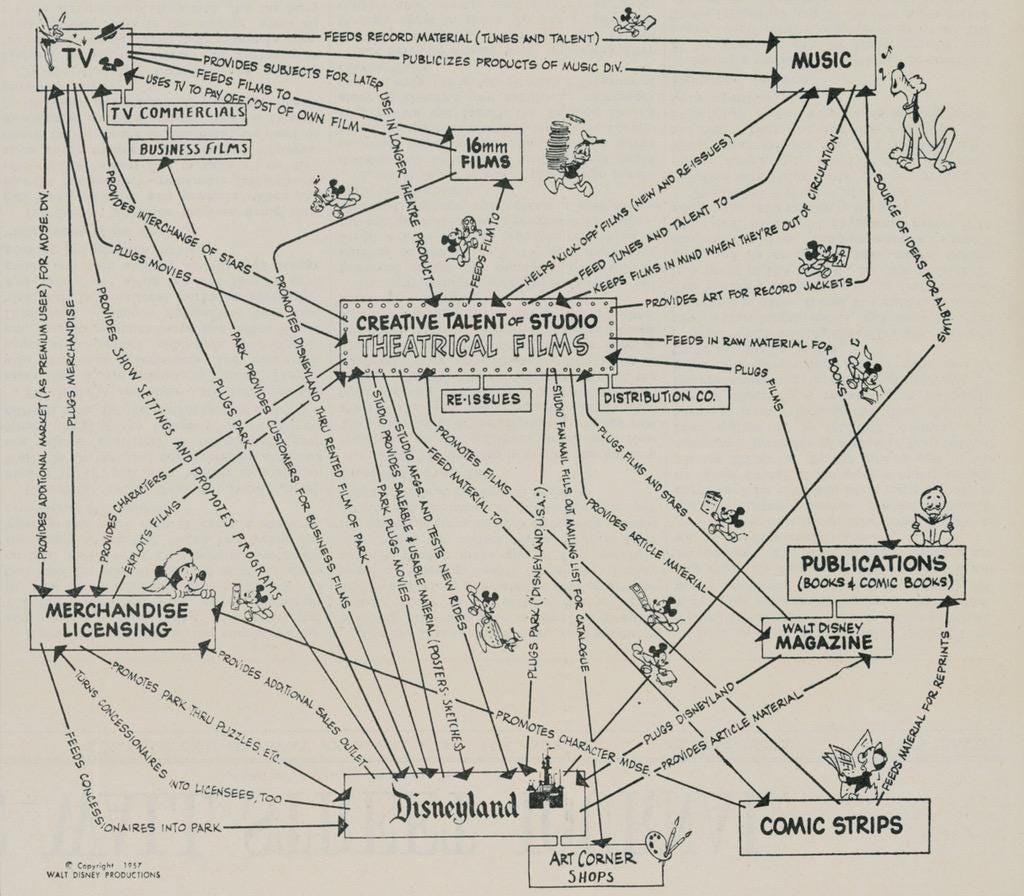
1/ Survey of Gen Zs—66% prioritize financial stability over doing something they enjoy. This is a pretty stunning reversal from the Millennial mindset.
We're seeing the ripple effects of a generation that grew up during the financial crisis.
(Source: XYZ University)
We're seeing the ripple effects of a generation that grew up during the financial crisis.
(Source: XYZ University)

2/ In David Brooks' words:
“Children can now expect to have a lower quality of life than their parents, the pandemic rages, climate change looms, & social media is vicious. Their worldview is predicated on threat, not safety.”
“Children can now expect to have a lower quality of life than their parents, the pandemic rages, climate change looms, & social media is vicious. Their worldview is predicated on threat, not safety.”
3/ This worldview built on threat instead of on safety is clearest in young people's distrust of institutions & companies.
Many watched their parents work within “the system” and be promised good lives and stable jobs—only to be laid off during the recession or pandemic.
Many watched their parents work within “the system” and be promised good lives and stable jobs—only to be laid off during the recession or pandemic.
4/ This distrust is fueling the boom in freelance labor—the gig economy, creator economy, hustle economy.
Work is disaggregating. Young people would rather use their own hustle & savvy to dictate their own fates.
Work is disaggregating. Young people would rather use their own hustle & savvy to dictate their own fates.

5/ There are flavors of this in GameStop & r/WallStreetBets, in NFT mania, in the deification of Elon Musk.
This is all a reaction to the system—to record student debt and foreclosures and decades of being oppressed by centralized authorities and broken American capitalism.
This is all a reaction to the system—to record student debt and foreclosures and decades of being oppressed by centralized authorities and broken American capitalism.

6/ Gen Zs trade Millennial idealism for shrewdness & practicality. There are 2.5 billion Gen Zs—1 in 3 living people.
This worldview is going to have massive impacts for the future of work, education, finance. Gen Z ethos will reshape much of the economy over the next 20 years.
This worldview is going to have massive impacts for the future of work, education, finance. Gen Z ethos will reshape much of the economy over the next 20 years.
• • •
Missing some Tweet in this thread? You can try to
force a refresh














